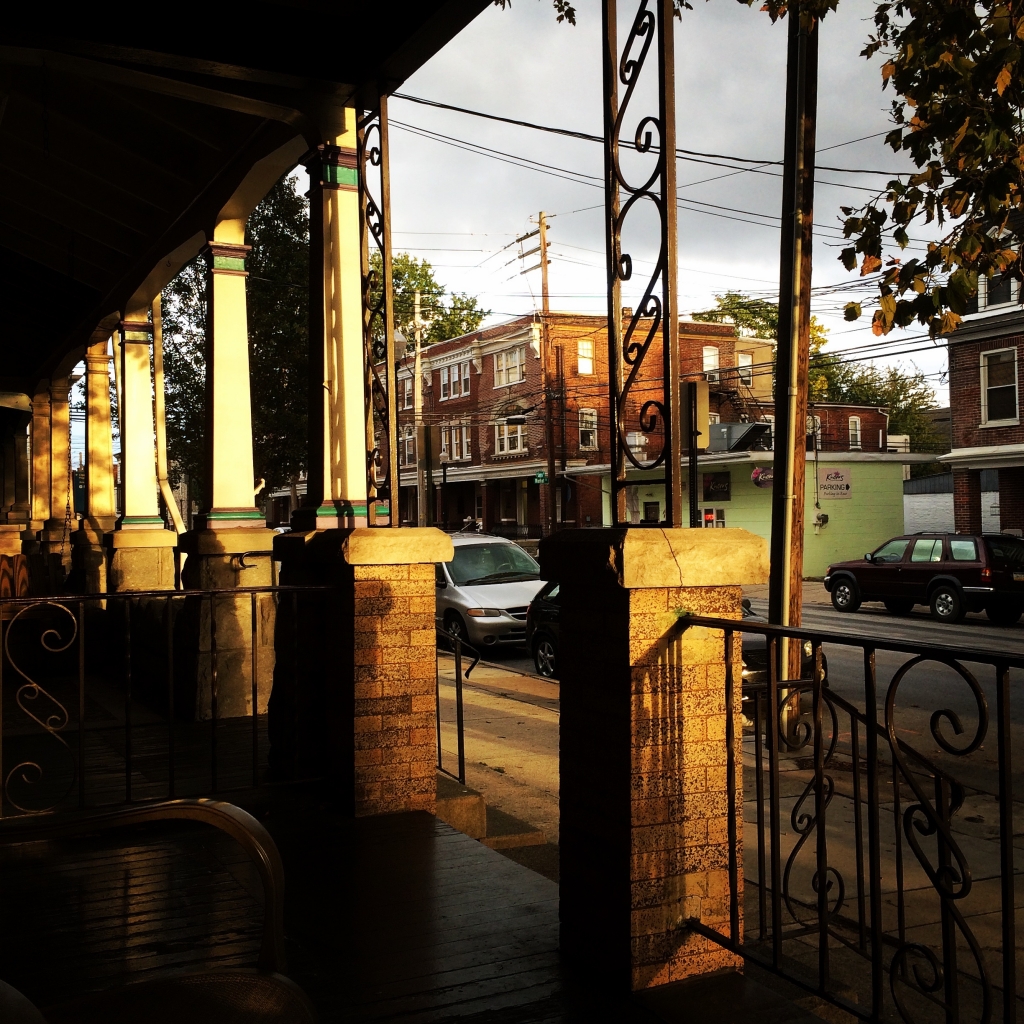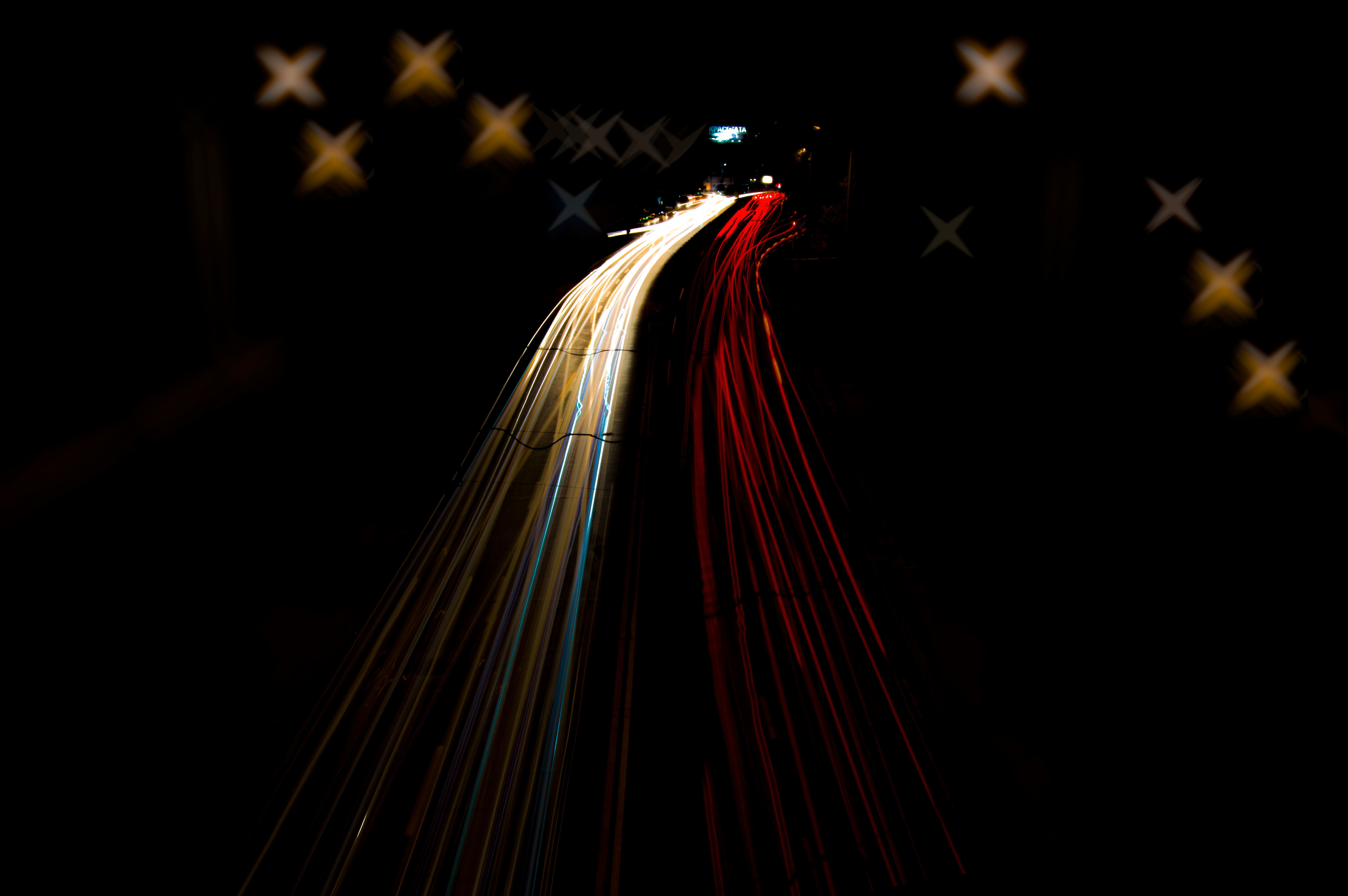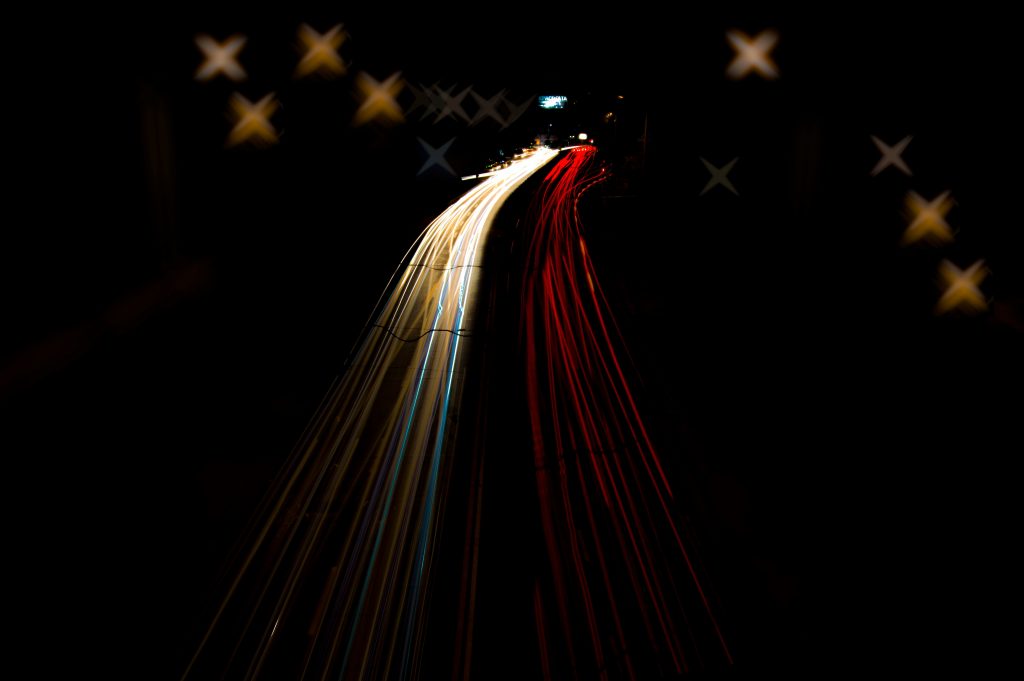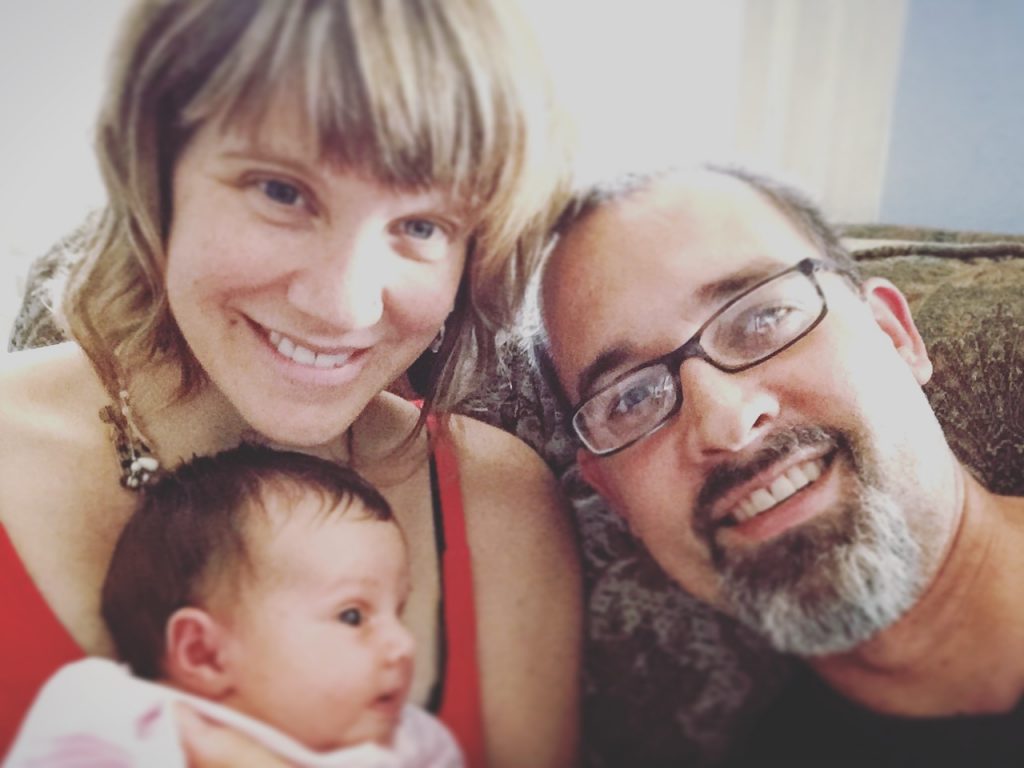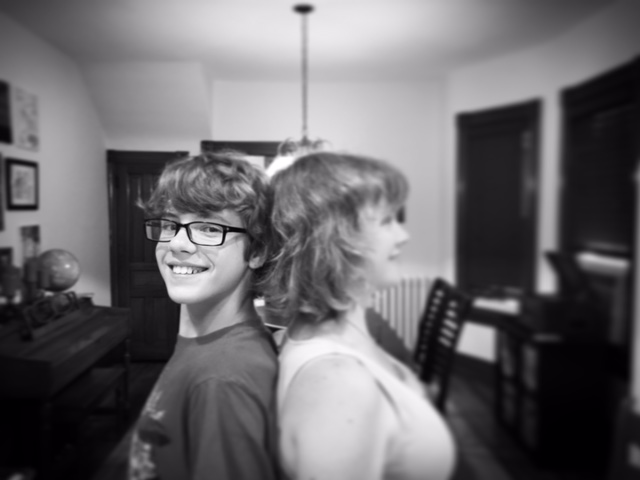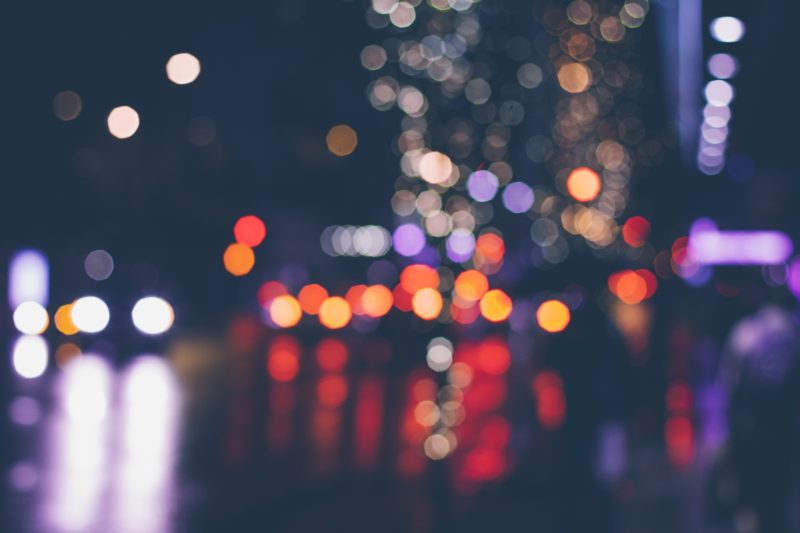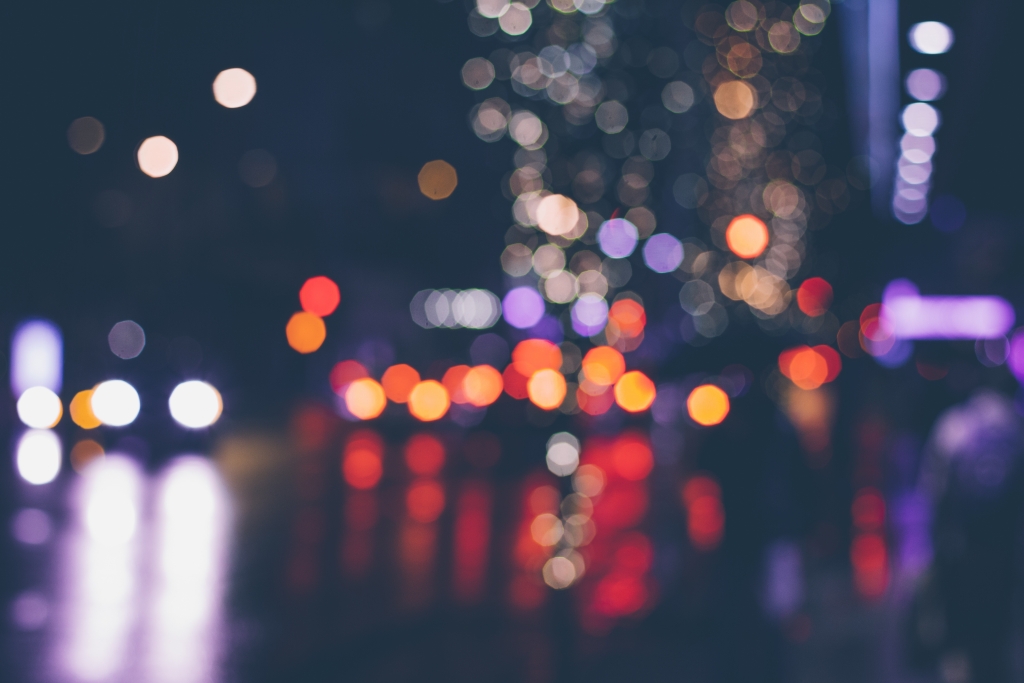I must confess
I painted the green table
and the yellow chairs,
the ones
we bought when we were first married
fifteen years ago
when my stomach was flat
and we didn’t shy from starting movies
(and other things) after 11.
When sleep was commonplace, like mis-
matched socks,
and silence was everywhere in the house
so thick you could trip on it
or get lost in it.
Of course,
you asked me to paint the table
and the chairs
but I didn’t
think it would take so many coats to cover
all the gashes
and scars
left by a thousand Scrabble games
hot pans of Rice Crispy Treats
four years in storage while we lived
in England
unsecured trips in moving vans
then teething children gnawing and racing
their matchbox cars past bowls
of cereal that left little pale rings
like the wispy ones that circle planets.
And then there were the permanent markers
that bleed through sheets
of multi-colored paper
or the demanding bang of miniature
forks and spoons chipping away.
But the new red paint will never cover
over the way we sat on those chairs,
elbows on the table,
and cried
after two miscarriages. Or the lost
friends. Or the pain
and joy
of moving on
to new places.
There are some things paint cannot cover.
Like conversations unfolding from
“Now
what do we do?”
or
“How could you say that?”
or
“I’m not doing well.
Not well at all.”
But also
“I’m pregnant,”
or
“I got the contract,”
or
“I couldn’t do this without you.”
Someone already scratched the table
despite my many warnings of the incredible
wrath that would fall from this
August sky
but when I saw in the middle of the new
scratch that the original dark green
was still there
under the red paint
all those years
just a thin skin away
I must confess.
I was relieved.
Because these years of ours
may look like a pock-marked tabletop
scarred and scraped,
but they can never be covered over.
And that is one thing in this world
that is exactly as it should be.
You can get my ebook of poems, We Might Never Die, for free HERE. Enjoy!


